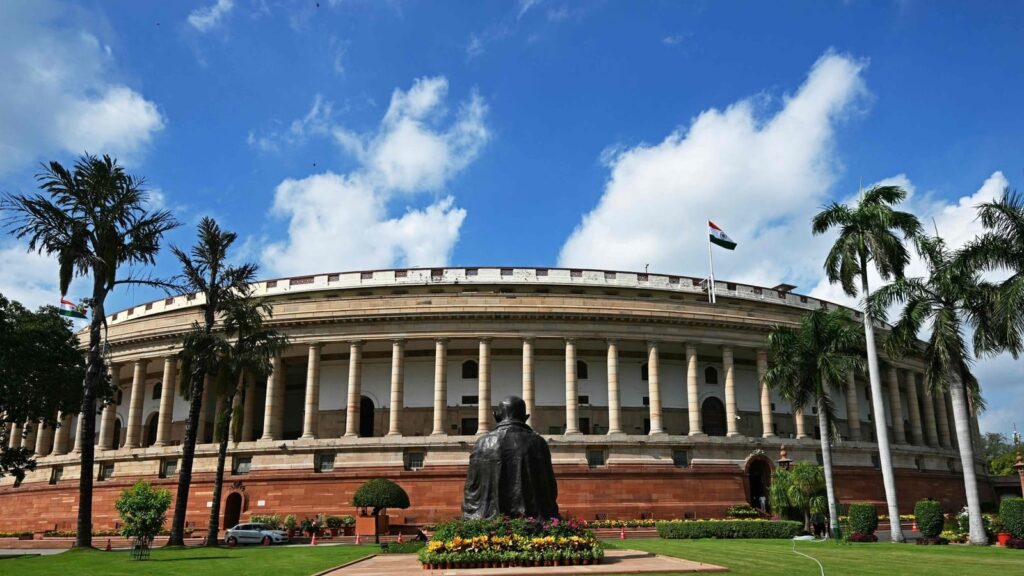Breaking Barriers: Lok Sabha’s Landmark Approval of Women’s Reservation Bill

The Lok Sabha has given its resounding nod to the much-anticipated Women’s Reservation Bill, a pivotal moment spurred by the fervent demand of the Congress. However, this watershed decision arrives laced with an additional and compelling plea from Ms. Gandhi – the incorporation of reservations for the historically marginalized segments of society, namely SC, ST, and OBC women.
In a spirited rejoinder, Home Minister Mr. Shah strategically counters the fervor for a discrete OBC quota. His assertion revolves around the remarkable stronghold of OBC lawmakers within the BJP, showcasing not just substantial numbers but also the occupation of the highest political office by a leader from this very community – a reference to the honorable Prime Minister, Mr. Modi.
Delving into the intricacies of the decision-making process, Mr. Shah elucidates the rationale behind reserving judgment until after the process of delimitation. This careful orchestration is intended to empower a quasi-judicial entity, the Delimitation Commission, to prudently delineate the seats worthy of reservation following an extensive process of public consultation.
Amidst the heated exchanges, the Home Minister raises a poignant question – should the government risk being accused of indulging in “political reservations” if iconic constituencies like Congress leader Rahul Gandhi’s Wayanad or Mr. Owaisi’s Hyderabad were to be designated as reserved seats?
Adding to the multifaceted debate, Law Minister Arjun Ram Meghwal introduces the specter of constitutional provisions, reminding that the rush to enact immediate reservations could potentially trigger legal challenges. He underlines the collective resolve to prevent the bill from becoming ensnared in the labyrinth of technicalities.
The spirited discussion In the Lok Sabha saw the active participation of 60 members, notably 27 of them being formidable women MPs. The voting process itself unfolded over a painstaking two-hour period, characterized by the tactile deployment of paper slips. The realm of electronic voting remained uncharted territory due to the impending need for political parties to provide explicit information regarding division numbers and seat allocations, a prerequisite yet to be fulfilled.